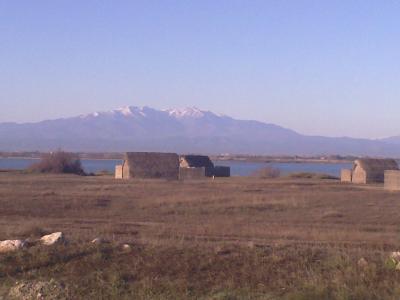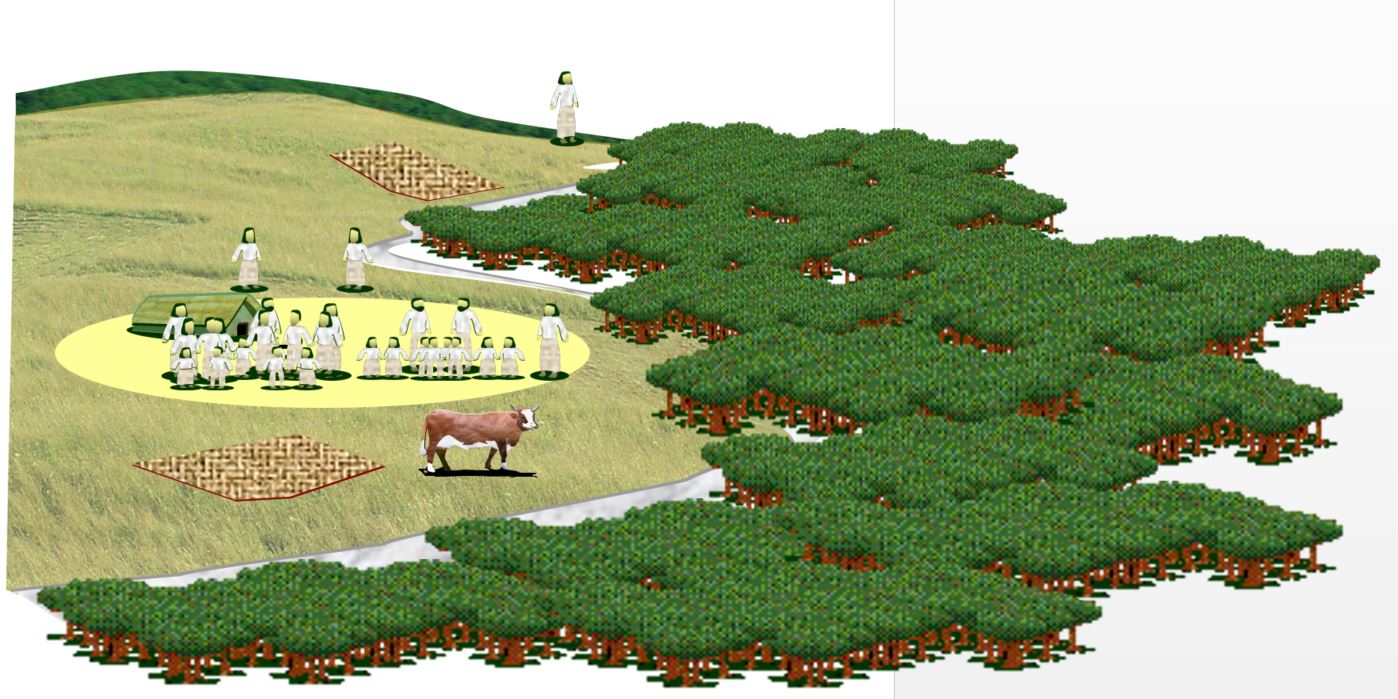-
Partager cette page
Developing Transdisciplinary Approaches to Sustainability Challenges: The Need to Model Socio-Environmental Systems in the Longue Durée
Publié le 20 septembre 2022 – Mis à jour le 28 septembre 2022
Mehdi Saqalli, qui fait partie de la NASSA (anciennement Two Rains), a posé certains principes de formalisation et de modélisation archéologique.

Human beings are an active component of every terrestrial ecosystem on Earth. Although our local impact on the evolution of these ecosystems has been undeniable and extensively documented, it remains unclear precisely how our activities are altering them, in part because ecosystems are dynamic systems structured by complex, non-linear feedback processes and cascading effects.
We argue that it is only by studying human–environment interactions over timescales that greatly exceed the lifespan of any individual human (i.e., the deep past or longue durée), we can hope to fully understand such processes and their implications. In this article, we identify some of the key challenges faced in integrating long-term datasets with those of other areas of sustainability science, and suggest some useful ways forward.
Specifically, we:

Our goal is to provide a manifesto for an integrated scientific approach to the study of socio-ecological systems over the long term.
For more details, read the full article to the web site Sustainability
Nassa & TwoRains
Keywords: transdisciplinarity; archaeology; paleoecology; history; prehistory; modelling; longue durée
We argue that it is only by studying human–environment interactions over timescales that greatly exceed the lifespan of any individual human (i.e., the deep past or longue durée), we can hope to fully understand such processes and their implications. In this article, we identify some of the key challenges faced in integrating long-term datasets with those of other areas of sustainability science, and suggest some useful ways forward.
Specifically, we:
- highlight the potential of the historical sciences for sustainability science,
- stress the need to integrate theoretical frameworks wherein humans are seen as inherently entangled with the environment, and
- propose formal computational modelling as the ideal platform to overcome the challenges of transdisciplinary work across large, and multiple, geographical and temporal scales.

Our goal is to provide a manifesto for an integrated scientific approach to the study of socio-ecological systems over the long term.
For more details, read the full article to the web site Sustainability
Nassa & TwoRains
Keywords: transdisciplinarity; archaeology; paleoecology; history; prehistory; modelling; longue durée





